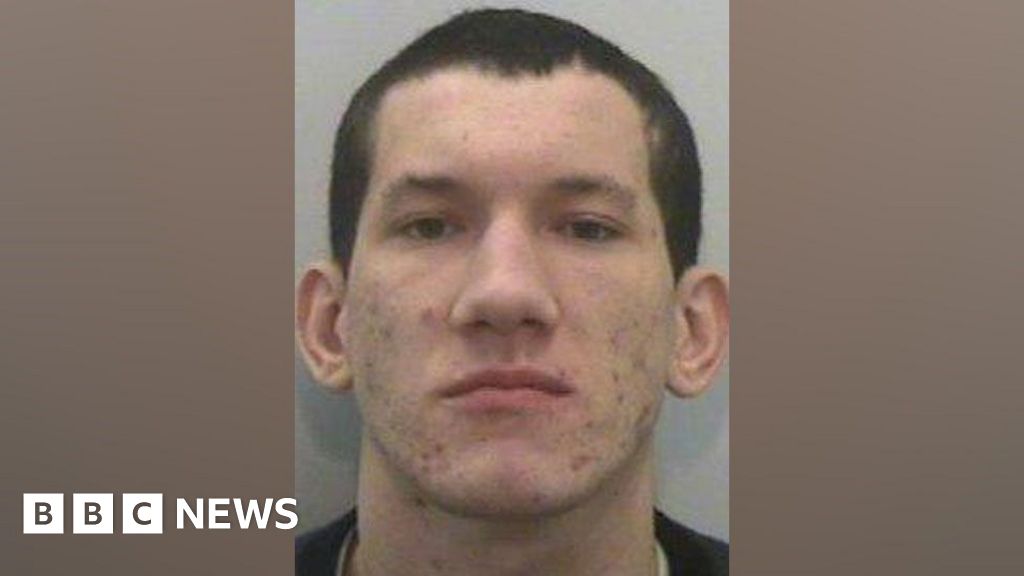Jonny Humphries and Rumeana Jahangir News

In the autumn of 2012, as the leaves were falling in a popular Manchester park, a homeless man was attacked with what is thought to have been a tree branch with such force that it contributed to his death a decade later.
Earlier this week Anthony Ellis, who was already in jail for assaulting Igor Pavlov, discovered he would remain in prison for at least two more years after he pleaded guilty to murder.
Mr Pavlov was “simply sat on a bench” in Whitworth Park near the University of Manchester when Ellis, then aged 23, approached him and “attacked him viciously”, senior prosecutor Martin Hill told the .
“The blows were forceful and sufficient to cause Mr Pavlov severe physical and neurological injuries from which he never recovered,” he said.
Mr Pavlov spent months in a coma and suffered life-changing injuries that eventually contributed to his death in 2023.
‘A little unusual’
Mr Hill said that, as the post-mortem examination showed the “cause of death was bronchopneumonia, neurodisability and the blunt force head injury from the assault”, the Crown Prosecution Service (CPS) “felt it was right that Mr Ellis faces the full force of the law and lives up to the consequences of his brutal actions”.
Ellis pleaded guilty and, to reflect the more serious offence, his jail term was extended from 12-and-a-half years to a minimum of 15 years.
“It is a little unusual to prosecute for an offence so long after the original assault,” said Mr Hill.
“But the length of time between a victim’s death and when an attack took place will never stop the CPS from prosecuting a case for murder – provided it can be proved the attack contributed significantly to the death and it’s in the public interest.”
‘Stormed out’
On the day of the attack on 11 September 2012, Ellis had been visiting a relative at Manchester Royal Infirmary with other family members when a row developed between them.
Ellis is said to have “stormed out” and walked to Whitworth Park nearby.
Mr Pavlov – a complete stranger – was sitting on a park bench when Ellis approached him and “carried out the sustained and ferocious attack on him, repeatedly beating him with an unknown object but believed to be a tree branch”, Mr Hill said.
“That assault left him with a fractured skull and other severe injuries. Obviously it had a life-changing impact on Mr Pavlov.”
Lies exposed
Ellis called for an ambulance, claiming he had come across Mr Pavlov in an injured state.
He then guided the ambulance to the location and even carried out first aid before repeating the same account to police when they arrived.
However later examination of CCTV footage and Ellis’ clothes exposed his lies.
After repeating his false claims when arrested, he later pleaded guilty to assault occasioning grievous bodily harm on the first day of his trial.
Mr Hill said: “It’s still the case that there was no clear motive.”
Ultimate offence
The senior prosecutor added: “Where death occurs three years after the initial incident or where someone has previously been convicted of an incident connected to the death, we have to gain consent from the Attorney General.”
He said the “strength of the evidence was such that Mr Ellis ultimately had no choice but to plead guilty to the murder of Mr Pavlov”.
Mr Hill stressed: “It doesn’t have to be proved that the assault was the sole cause of death.
“It has to be what’s called a ‘significant and contributing’ factor to that case, and that was really what we were looking at by assessing the post-mortem and assessing the medical records in terms of Mr Pavlov’s treatment over the preceding 12 years.
“We could still establish that Mr Ellis’ actions was a significant and contributory factor here.”
He said “it seems only right that he should be prosecuted for the ultimate offence… and be accountable for the death”.

